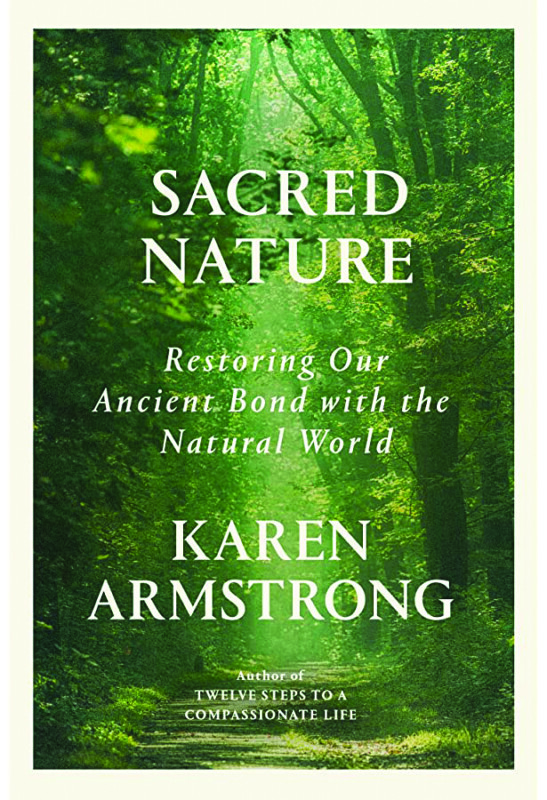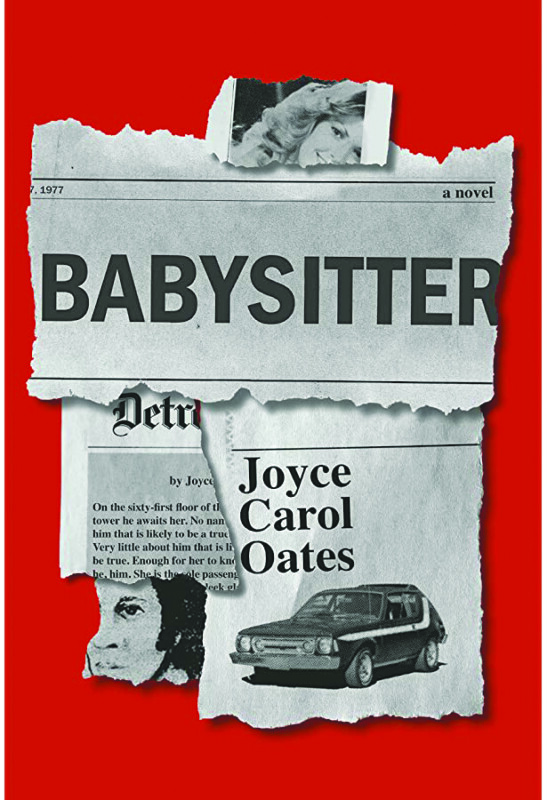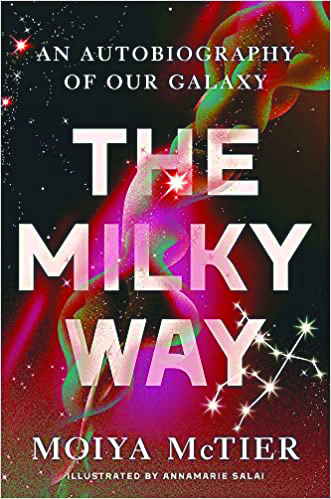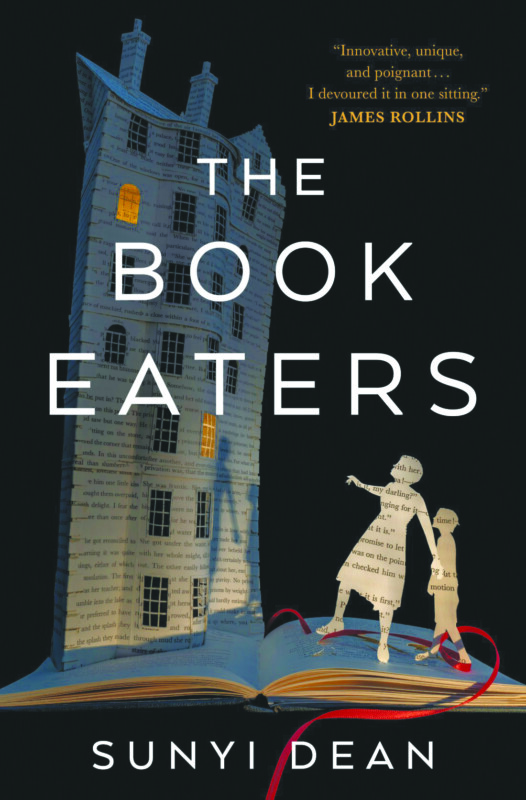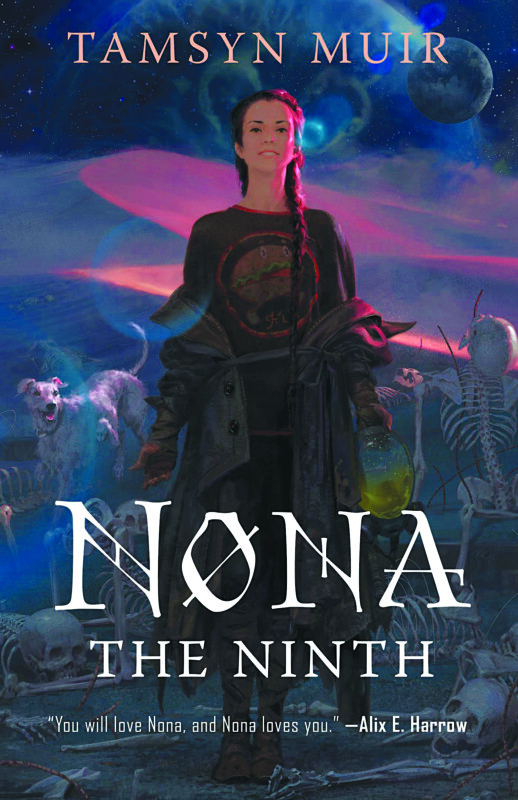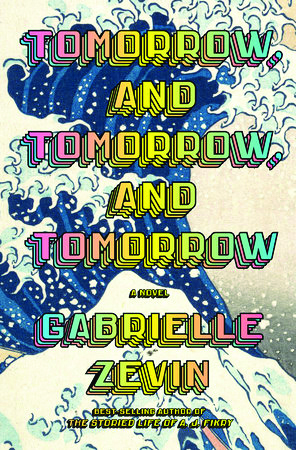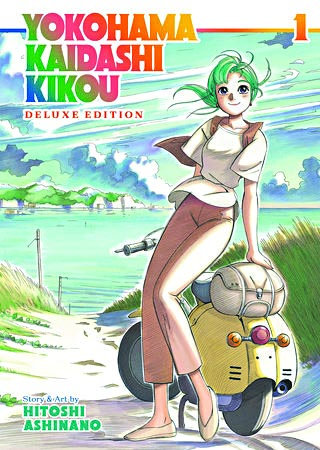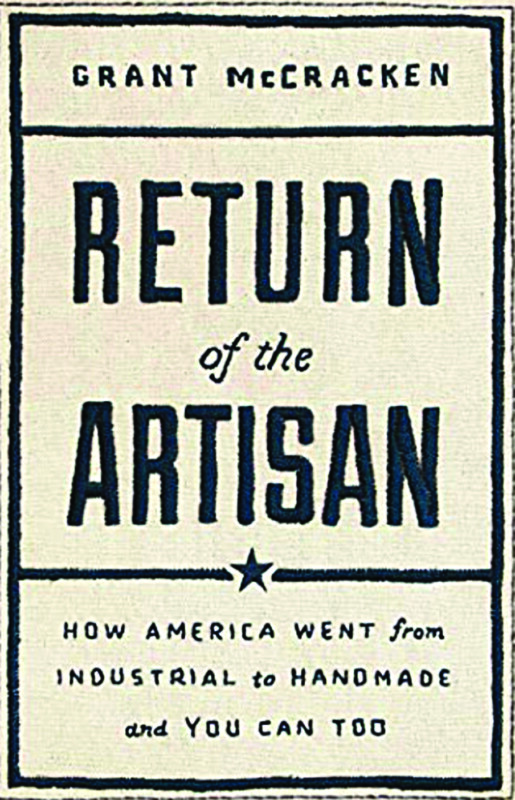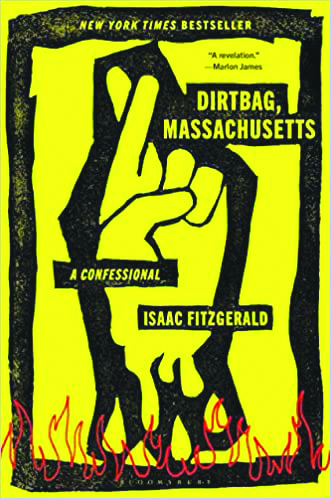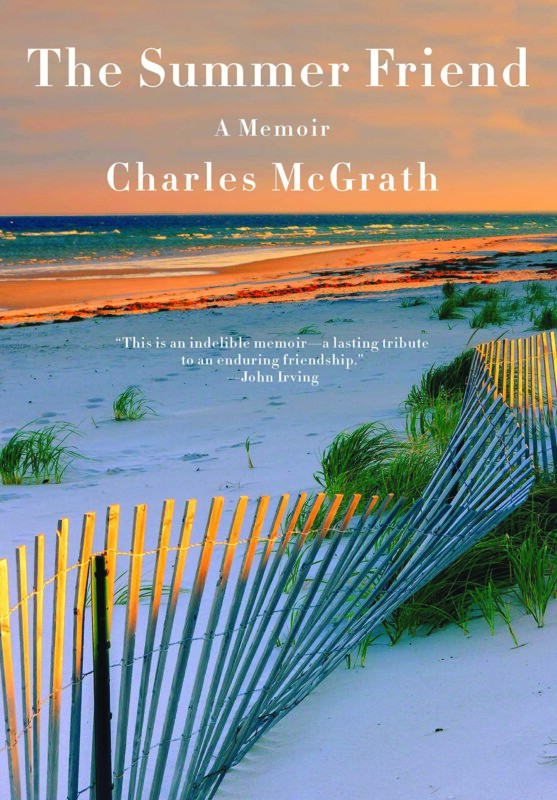Sacred Nature, by Karen Armstrong (Knopf, 224 pages)
In the opening to Sacred Nature, Karen Armstrong tells a story of visiting a British library to look at original manuscripts of the poets William Wordsworth, Samuel Coleridge and John Keats. She was deeply moved by the visit, which she described as “a kind of communion.”
“I was looking at the moment that these poems, which were now part of myself, had come into being. I did not want to analyze the manuscripts. I simply wanted to be in their presence.”
Today, she is troubled by the people who walk through museums seeming more interested in taking photos and selfies than allowing themselves to become absorbed in the extraordinary things stored there. This tendency is also reflected in our relationship to the natural world, which Armstrong says has become an irrelevant backdrop in our busy lives. She quotes Wordsworth to describe this: “light and glory die away / and fade into the light of common day.”
It’s not all because of social media. In fact, the disconnect between humans and nature can’t be fully explained without also explaining the ways in which Western culture dissociated from nature when it embraced monotheistic religions.
The ancient Egyptians believed the annual flooding of the Nile was a “divine event,” as was the rising and setting of the sun; as such, it was near impossible to ignore Mother Nature, who could, at any moment, be ready to unleash divine wrath. As science and theology ran down separate paths that grew further apart, the thought of nature being somehow divine, or even vaguely important, was swept aside as dusty myth.
Armstrong wants to change that, by gleaning wisdom from the myths and practices of the Axial Age, 900 to 200 BCE, a time she says was “pivotal to the spiritual and intellectual development of our species.”
The religions of that time, including Confucianism, Daoism, Hinduism and Buddhism, had practices that can profoundly benefit us today if we can look beyond our modern view of a myth as being a fabrication, a “charming story,” and instead look at the meaning of the myth and allow it to be a guide. Yes, that is Oprah-level malarky, but hear her out. “A myth is true because it is effective,” she writes.
Armstrong begins by exploring the Confucian belief in “qi,” the energy that links all life, animal or plant, human or divine. Interestingly, Chinese religions are unlike others because they have no creation story, no God-creator, but the opposing forces of yin and yang. (They also were among the first to articulate what is known in Christianity as the Golden Rule.)
Early Buddhism, too, taught that enlightenment could be achieved in not just human beings but was “inherent in plants, rocks, trees and blades of grass.”
Armstrong walks through practices of other ancient modern religions, including the respectful rituals of animal sacrifice (many of the ancients who practiced it would be horrified by our mass slaughter of animals today, she says) and the practice of kenosis, or “anatta,” the “emptying” of the self required in many faiths. St. Paul, Armstrong notes, used the language when he wrote that Christ had “emptied himself” on the cross.
Although Armstrong makes clear the ways that Christianity dissuaded people from seeing nature as sacred, there have been exceptions. A disciple of St. Paul called Denys saw the natural world as revelatory of God, believing “We can only intuit God’s presence through the veils of natural objects, which conceal as much as they reveal. If we could see God clearly, it would not be God. But if we learn to contemplate nature correctly, we find that the tiniest particle of soil can yield a glimpse of the ineffable divine.”
At the end of each chapter, Armstrong offers what she sees as “the way forward.” Her recommended practices include altering our perception of “God” to be not a male dwelling apart from the Earth, but a “dynamic inner presence that flows through all things”; embracing not only stillness and silence, but images of suffering in order to develop compassion; developing our own “Five Great Sacrifices” similar to Hindu practice; the ritual practice of gratitude for the natural world that sustains us; and adopting the Indian rule of “ahimsa” or harmlessness that holds every creature deserves to live, or at least not to suffer. (The Jains took this to the extreme, believing that even stones were capable of pain.)
Regrettably, there is an overarching preachiness in Sacred Nature with regard to deepening “our spiritual commitment to the environment” that will repel some readers.
“Recycling and political commitments are not enough,” Armstrong says, later adding, “We must re-form our attitude to nature and that will entail sacrifice. We can no longer board airplanes, drive our cars or burn coal with our former insouciance.”
You can agree with her completely but still wish for a book that is more poetry, less sermon. Although it is an interesting compilation of major religious traditions’ teachings on the natural world, Sacred Nature will appeal mostly to those who already share Armstrong’s views. B-
Book Events
Author events
• JOSH MALERMAN, a horror novelist, will be at Gibson’s Bookstore (45 S. Main St., Concord, 224-0562, gibsonsbookstore.com) to presentDaphne on Thursday, Oct. 13, at 6:30 p.m.
• MELODY RUSSELL will sign and discuss her book Noni and Me: Caregiving, Memory Loss, Love at Toadstool Bookshop (12 Depot Square in Peterborough, toadbooks.com, 924-3543) on Saturday, Oct. 15, at 11 a.m.
• RICHARD LEDERER will discuss and sign his books about language at Gibson’s Bookstore (45 S. Main St., Concord, 224-0562, gibsonsbookstore.com) on Monday, Oct. 17, at noon.
• JOHN IRVING The Historic Music Hall Theater (28 Chestnut St., Portsmouth, 436-2400, themusichall.org) will host novelist and Exeter native John Irving to present The Last Chairlift, at the Music Hall on Tuesday, Oct. 18. Tickets are $49 and include a book voucher.
History, stories & lectures
• BRET BAIER, the Fox News Chief Political Anchor and author of several books, will discuss his career in media and news journalism, followed by a book sale and signing, on Saturday, Oct. 15, at 7:30 p.m. at the Palace Theatre (80 Hanover St. in Manchester; palacetheatre.org). Tickets start at $59.
Poetry
• GAIL DiMAGGIO and KAY MORGAN hosted by the Poetry Society of NH at Gibson’s Bookstore (45 S. Main St., Concord, 224-0562, gibsonsbookstore.com) on Wednesday, Oct. 19, from 4:30 to 6 p.m.
Writer events
• THREE-MINUTE FICTION SLAM Monadnock Writers’ Group is hosting its regional Three-Minute Fiction Slam on Saturday, Oct. 15, at 9:45 a.m. at the Peterborough Town Library, 2 Concord St., Peterborough. Prizes will be awarded to the top three winners. The first-place winner will advance to the statewide finals and a chance to win $250. Everyone is invited to take part in the free competition by either participating or observing the fun. The competition challenges writers to perform original pieces of fiction in three minutes or less before an audience and a panel of judges. The regional event is part of an annual competition sponsored by the New Hampshire Writers’ Project. See monadnockwriters.org.
• TENACITY PLYS and JULES PERLARSKI host a craft class on nonlinear storytelling for all at the Bookery (844 Elm St., Manchester, 836-6600, bookerymht.com) on Saturday, Oct. 22, at 4 p.m.

